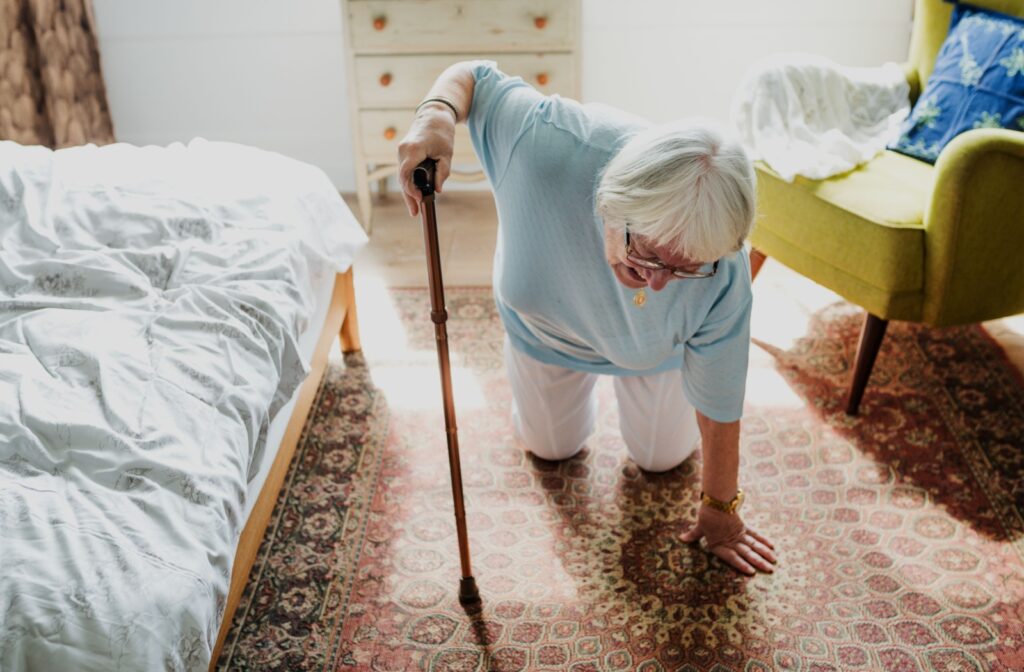A fall at home can be a turning point. Even without serious injury, it often signals that something needs to change. For many families, it’s the moment they begin questioning whether their loved one is truly safe living alone.
Falls are only one of a list of warning signs to look for that indicate it may be time to consider exploring safer, more supportive living options for your loved one.
After a fall, the priority is to ensure your loved one is medically stable, identify what caused the incident, and take steps to prevent future falls. When their home is an obstacle to their safety, you may need to reassess their living environment—and, in many cases, look into assisted living.
The Dangers of Falls
Falls are the leading cause of injury among older adults, often resulting in broken bones, head trauma, and long-term mobility issues. Falls account for over 3 million emergency room visits annually, and 1 in 4 Americans aged 65+ fall each year.
Even when no injury occurs, a fall can trigger a lasting fear of falling again, causing seniors to withdraw, reduce activity, and lose confidence in their independence.
Many families don’t realize how quickly a fall can escalate into a life-altering event until it happens to someone they love.
Whether it’s a missed step, a slippery bathroom floor, or a moment of dizziness, a single fall can begin a downward health spiral, both physically and emotionally.
What to Do After a Senior Falls
The first moments after a fall are critical. Stay calm, act quickly, and focus on safety.
Assess the Situation
The first step is to check for signs of injuries:
- Look for signs of pain, swelling, or confusion
- Watch for any signs they’re hiding pain
Call for help when needed. If your loved one has hit their head, is unconscious, or is unable to move, call 911 immediately.
Don’t force movement. Only help your loved one up if there are no injuries. Use sturdy furniture and take it slowly.
Monitor for Delayed Symptoms
Even minor falls can lead to issues like dizziness, head trauma, or hidden fractures. Keep a close eye on symptoms for 24–48 hours.
Review the Cause
Understanding why the fall happened is essential. Was it due to tripping, a health episode, dizziness, or a memory lapse? Was there a hazard in the home that contributed, like an uneven floor surface or crowded furniture? Identifying the root cause can help guide your next steps.
Consider Moving Into Assisted Living
After a fall, families often debate whether staying at home is still the best option. While home may feel familiar, it can quickly become unsafe for seniors living alone.
Assisted living can offer a secure, structured environment where support is always available—without sacrificing independence. It’s a proactive way to help reduce future risks while improving quality of life.

Signs It’s Time to Reconsider Living Arrangements
Aside from falls, there are a number of warning signs you can look for to indicate that it may be time to consider assisted living for your loved one:
- Frequent balance issues
- Missed medications or confusion about doses
- Isolation from loved ones or a lack of regular check-ins
- Difficulty with activities of daily living such as cooking, bathing, or cleaning
- Worsening memory or challenges with decision-making
When these challenges pile up, it may no longer be safe for your loved one to live independently, even with occasional support.
Why Is Assisted Living the Right Option?
Assisted living communities provide a safe, structured environment where older adults can receive the support they need without giving up their independence.
24/7 Access to Help
In assisted living, staff are always nearby in case of emergencies. Your loved one won’t be alone, whether it’s another fall or a medical concern.
Purpose-Built Safety Features
Assisted living communities feature spaces intentionally designed to reduce fall risks, from grab bars and non-slip flooring to step-free bathrooms and wide hallways.
Support with Daily Activities
Seniors often fall while trying to handle tasks that have become difficult. In assisted living, they receive help with:
- Bathing & grooming
- Getting dressed
- Managing medications
- Moving around safely
Emotional & Physical Wellness
Beyond safety, assisted living supports overall wellness. Seniors can easily access healthy meals, exercise classes, and daily activities to keep residents engaged, energized, and connected.
Services & Amenities in Assisted Living
Many people don’t realize how comprehensive and enriching assisted living can be. It’s not just a safer option—it can also be a more enjoyable one.
Typical Services Offered
Services can vary between communities but commonly include:
- 24-hour staff assistance
- Medication management
- Housekeeping & laundry
- Nutritious meals & snacks
- Scheduled transportation
- Assistance with personal care
Community Amenities
Seniors can enjoy community amenities like:
- On-site fitness & wellness programs
- Outdoor walking paths & gardens
- Activity rooms, craft spaces, & libraries
- Group outings & social events
- Emergency alert systems in every suite
Assisted living helps your loved one live with dignity while removing the stress and risks that often come with living alone.
Benefits & Peace of Mind for Families
When a parent or grandparent falls, adult children often respond with anxiety, frequent check-ins, and contingency planning. But even the most dedicated family members can’t offer round-the-clock support.
An assisted living community offers peace of mind, knowing your loved one always has supportive care nearby.
Discover Assisted Living in Whitwell at Valley View
When your loved one experiences a fall at home, it may be the right time to consider assisted living as a proactive, compassionate step forward.
At Valley View Senior Living in Whitwell, we offer a warm, supportive environment where seniors can thrive safely, with personalized care, beautiful surroundings, and a true sense of community. Our team is here to help you explore options, answer your questions, and ease the transition.
Reach out today to learn more or schedule a private tour. One fall doesn’t have to define your loved one’s future—it can be the moment that leads to something better.


